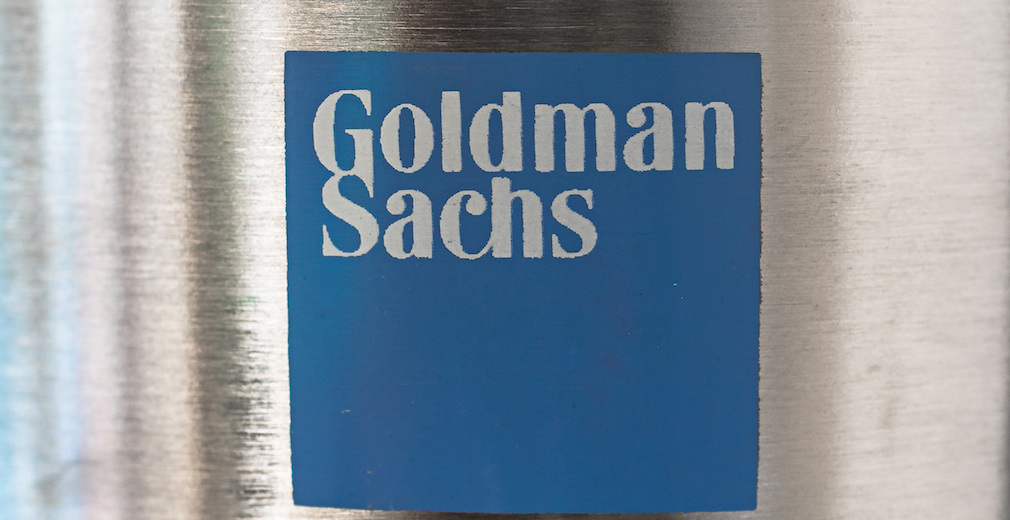After President Donald Trump won the election, economic markets surged with hope as many economists predicted growth due to Trump’s stimulus plan.
Even consumers were more optimistic after the election, hopeful of a future of economic growth and new jobs.
However that optimism, being called the Trump Effect, could be dying as economists reverse their predictions for 2017.
It seems Trump’s intense focus on issues such as trade tariffs and immigration has Goldman Sachs economists doubting the possibility of financial stimulus, according to an article by Julie Verhage for Bloomberg.
From the article:
"Following the election, the positive shift in sentiment among investors, business, and consumers suggested that the probability of tax cuts and easier regulation was seen to be higher than the probability of meaningful restrictions to trade and immigration," Goldman Sachs Group Inc. economists led by Alec Phillips wrote in note published late last week. "One month into the year, the balance of risks is somewhat less positive in our view."
Here are the three reasons Phillips lays out as the reasons for the shift in sentiment:
1. Obamacare struggle is a sign of things to come
Phillips explains that instead of quickly replacing the Affordable Care Act, Republicans are facing many obstacles, perhaps a sign of what’s to come for future financial stimulus plans.
2. Polarization of political parties is getting worse
Cooperation between the two political parties looks further out of reach one month into the new administration, leaving economists to presume issues requiring bipartisan support will face major obstacles.
3. There's a real possibility of market disruption
Economists insist that Trump’s actions in trade and immigration will do little to support the economy, and could even disrupt it.
To read more details on the three reasons Goldman Sachs economists are starting to worry, click here.





